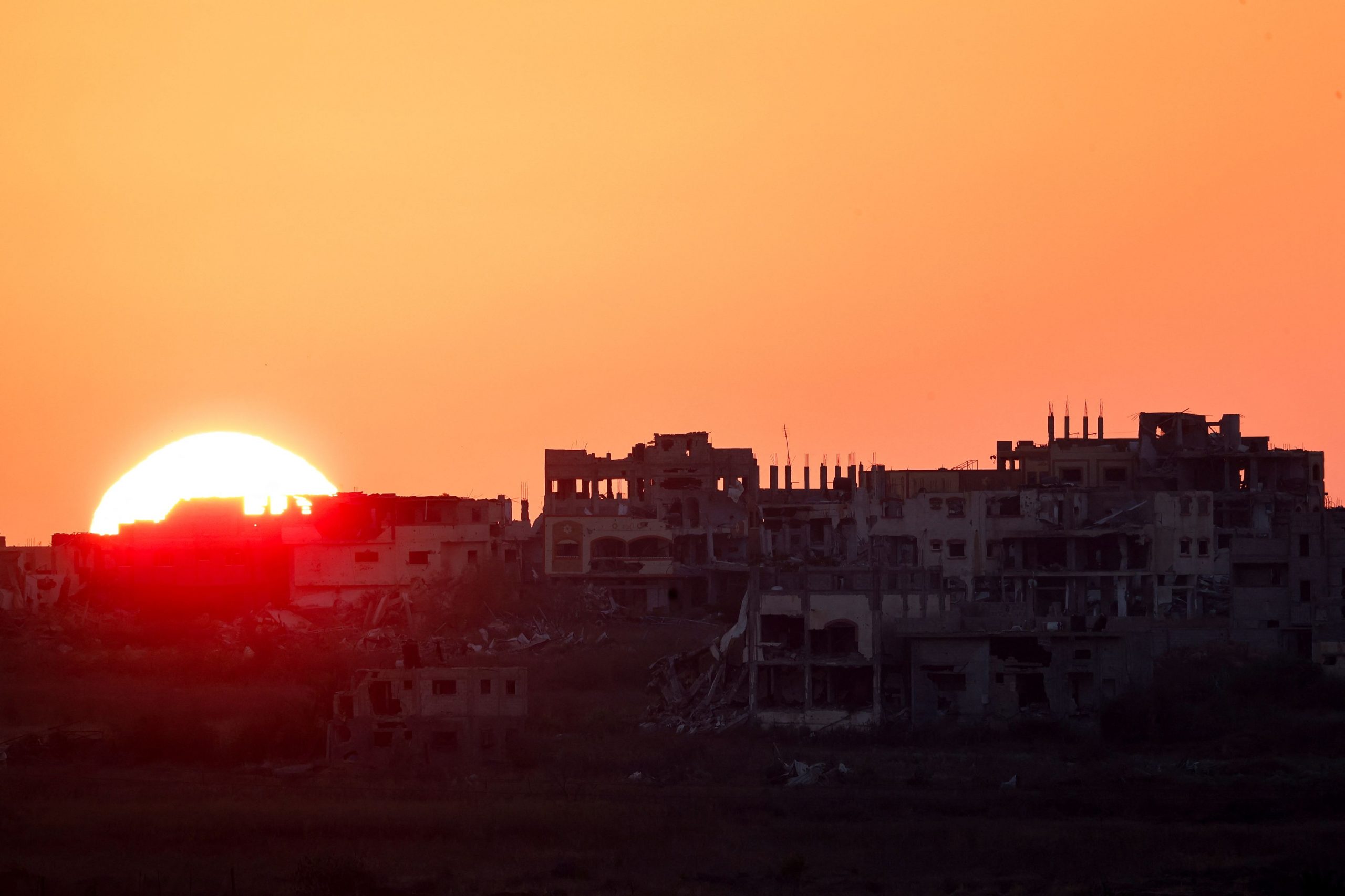WASHINGTON—The Biden administration is scrambling to salvage prospects for a Gaza cease fire after the political leader of Hamas was killed in a strike in Tehran, dealing a potentially fatal blow to the talks and leaving officials worried that Israel may now face major retaliatory attacks on two fronts.
On Tuesday, Israel said it was responsible for an airstrike in southern Beirut that killed a senior leader of Lebanon-based Hezbollah. Hours later, Ismail Haniyeh , one of the key negotiators in the long-stalled cease-fire talks, was dead in a mysterious strike in Iran’s capital .
Israel hasn’t claimed responsibility for the strike on Haniyeh, but Hamas and Iran blamed the attack on Israel.
While U.S. officials said they expected the Beirut attack, the Tehran strike caught Washington off guard and almost immediately darkened the already remote prospects for a U.S.-brokered Gaza cease-fire . Even more alarming to the U.S., the killings threatened to unleash new and more severe reprisals against Israel and potentially American forces in the region by Iran and its proxies.
Securing a cease fire “was always complicated. It remains complicated,” said National Security Council spokesman John Kirby.
“We don’t believe escalation is inevitable,” he added.
U.S. officials acknowledge that Haniyeh’s killing makes securing a cease fire more difficult but insist the talks aren’t dead. Following the strike in Tehran on Wednesday, senior administration officials were already engaged in negotiations with Israeli, Qatari, Iraqi, and Saudi officials, among others, to try to salvage a deal, a U.S. official said.
Biden hasn’t personally made any calls to his regional counterparts, as he did in April after Iran launched drones and missiles against Israel in retaliation for an airstrike in Syria that killed an Iranian general, the U.S. official said, but the president has been “very engaged with his team on it.”
In the wake of the Tehran attack, Secretary of State Antony Blinken asked Qatari officials to send messages to Iran, Hezbollah and others in the region to de-escalate the tensions, and the Qataris agreed, according to another official familiar with the discussions. Qatari Prime Minister Sheikh Mohammed bin Abdulrahman al-Thani told Blinken that his country remains committed to a deal, but expressed frustration that the Israeli strikes could jeopardize the hostage talks.
“How can mediation succeed when one party assassinates the negotiator on the other side?” the Qatari prime minister, a party to the negotiations, wrote in a post Wednesday on X.
It has been seven months since the last formal pause in Gaza fighting, which has killed more than 39,000 people in the enclave, according to Palestinian health authorities, who don’t say how many were combatants. U.S. and Arab mediators have worked for months to negotiate a cease-fire agreement that would help end the war, which began after the Hamas-led attacks on Oct. 7 left 1,200 dead in Israel and 250 taken hostage, according to Israel authorities.
But Haniyeh’s death is potentially the most damaging blow yet to U.S. hopes of bringing a halt to the fighting and easing the tensions inflaming the region. It comes days after Israeli Prime Minister Benjamin Netanyahu visited Washington , vowing to continue the war until Hamas is destroyed. Netanyahu left the White House without committing to a cease fire.
Months ahead of a U.S. election, an all-out war in the tumultuous region could complicate Democrats’ efforts to hold on to the White House. Vice President Kamala Harris , who has become the Democratic Party’s expected nominee , has spoken forcefully for a cease fire.
The U.S. has faced repeated spasms of violence that have threatened to escalate hostilities since the beginning of the Gaza war. Iranian-backed militants attacked U.S. troops in Iraq and Syria, Houthi militants have targeted international shipping in the Red Sea, and in April, Tehran launched more than 300 drones and cruise and ballistic missiles at Israel, almost all of which were shot down.
Iran, which backs both Hamas and Hezbollah, has repeatedly pulled back from an all-out confrontation with Israel and the U.S., and it is possible that, despite vowing to retaliate for the latest strikes, it will again keep its response limited.
The strike in Tehran is embarrassing to Iran’s leadership and highlights Israeli intelligence’s penetration in the country, said Joost Hiltermann of the International Crisis Group, a nonprofit based in Brussels. “But it doesn’t harm Iran’s strategic interests, and so it won’t let its regional allies go all-out,” he said.
Still, the killings in Beirut and Tehran push the wider Middle East conflict into uncharted territory. U.S. officials are particularly concerned about the prospect of Israel facing retaliatory attacks from Iran and Hezbollah.
On Wednesday, Iranian officials vowed to respond, with Supreme Leader Ayatollah Ali Khamenei saying Tehran would “seek revenge” for the strike in the capital. The Qassam Brigades, Hamas’s military wing, said in a statement that Haniyeh’s killing “will have major repercussions across the entire region,” according to an Iranian state news agency.
Mick Mulroy, who was deputy assistant secretary of defense for the Middle East during the Trump administration, said Hezbollah and Iran would be looking for ways to retaliate, unless efforts are made to de-escalate tensions.
“This is the closest the region has been to an all-out conflict in the last 10 months,” he said.
Write to Lara Seligman at lara.seligman@wsj.com



